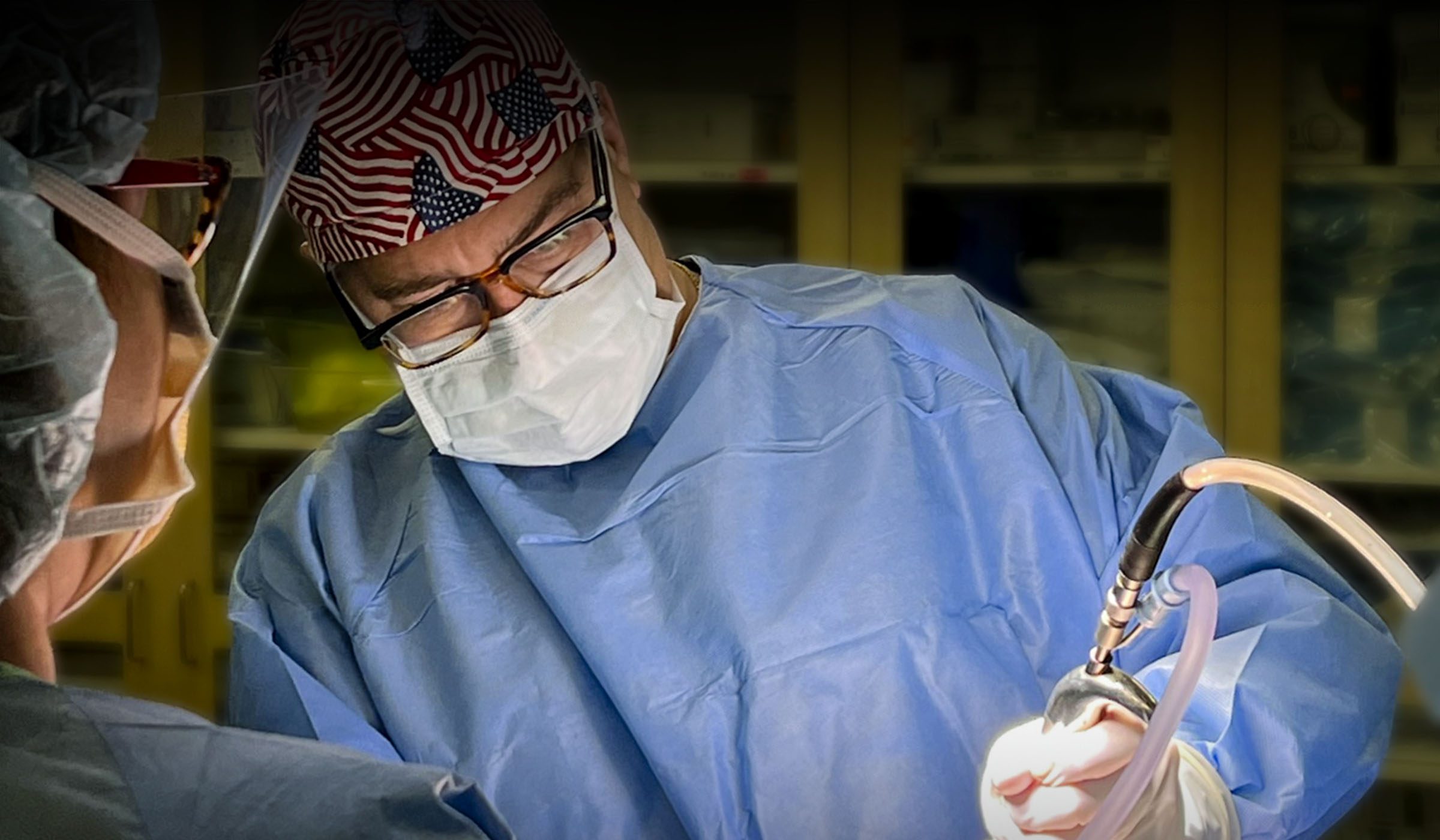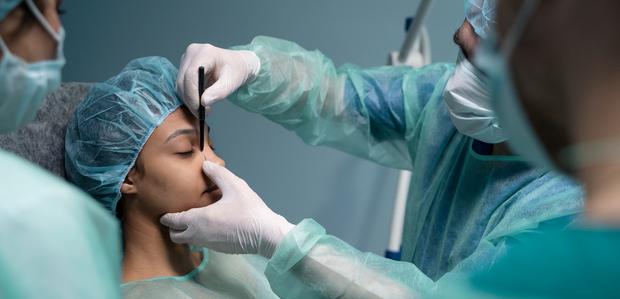Exploring the Emotional and Social Aspects That Drive People to Think About Cosmetic Surgery as a way of Renovation
The choice to go after cosmetic surgical procedure often prolongs past simple aesthetic appeals, intertwining with mental and social characteristics that merit thorough examination. Elements such as self-worth, prevalent societal elegance criteria, and the pervasive influence of social media merge to form specific inspirations for medical enhancement.
The Function of Self-confidence
Self-confidence substantially affects a person's choice to seek cosmetic surgical treatment. People with reduced self-esteem frequently regard themselves in an unfavorable light, causing feelings of inadequacy regarding their physical look. This negative self-perception can drive them to look for surgical interventions as a technique of boosting their self-image. The wish for enhancement in one's appearance is regularly connected to an idea that such modifications will elevate their general self-worth and confidence.

Inevitably, the role of self-confidence in the decision-making process pertaining to plastic surgery highlights the complicated interaction between body picture, individual complete satisfaction, and mental health and wellness. Understanding this partnership is essential for medical care experts to ensure that patients are making informed decisions rooted in sensible expectations and emotional health.
Societal Elegance Requirements
Influenced by pervasive media representations and cultural narratives, social beauty standards play a crucial function in shaping individuals' perceptions of their very own bodies. These criteria are usually identified by an idyllic kind of appeal that emphasizes qualities such as youthful vigor, proportion, and slimness. As these suitables are perpetuated with numerous channels, including television, advertising and marketing, and movie, people frequently internalize these messages, bring about discontentment with their natural appearance.
The implications of these social standards prolong past aesthetic preferences; they can affect self-esteem, psychological health and wellness, and social connections. Individuals that view themselves as disappointing these requirements might experience feelings of inadequacy, triggering a desire for cosmetic surgery as a means of achieving social authorization. This quest is typically sustained by the idea that satisfying these perfects will certainly enhance not only physical look but also social standing and individual gratification.

Influence of Social Media Site
The impact of social charm criteria is more intensified by the surge of social networks systems, where curated pictures and idealized depictions of appeal are common. Customers are regularly revealed to filteringed system and modified pictures, which frequently illustrate unattainable physical features. This direct exposure grows a culture of contrast, leading people to analyze their very own look versus these commonly impractical standards.
Social media site influencers and celebs regularly advertise cosmetic procedures, stabilizing the concept that medical enhancements are a practical means for achieving social suitables (plastic surgery rancho cucamonga). The exposure of these enhancements can produce an understanding that undertaking cosmetic surgical treatment is a basic technique, therefore influencing people to think about comparable interventions as a pathway to improved self-confidence and social approval
Furthermore, the interactive nature of social media enables immediate feedback via sort and comments, better strengthening the wish to satisfy preferred appeal requirements. Such interactions can aggravate sensations of inadequacy and drive people towards cosmetic surgery as a way of acquiring recognition. Ultimately, social media plays an essential duty in forming assumptions of elegance, which substantially influences the decision-making processes surrounding plastic surgery.

Social Perspectives on Appearance
Across various societies, understandings of appearance are deeply rooted browse around this web-site in historical, social, and financial contexts, forming individuals' sights on appeal and charm. In numerous societies, appearance offers as a substantial pen of identification, affecting social standing, specialist chances, and individual connections. As an example, in some cultures, light skin is often linked with riches and privilege, while visit here others might idealize darker complexion as symbols of toughness and credibility.
Additionally, conventional elegance requirements are frequently perpetuated through social narratives, media depictions, and family influences, resulting in varying perfects across various regions (plastic surgery rancho cucamonga). In Western societies, the focus on youth and physical conditioning usually drives individuals towards cosmetic improvement, while in certain Eastern societies, even more subtle adjustments aligned with typical aesthetics may be preferred
Globalization and the spreading of digital media have actually additionally complicated these characteristics, developing a hybridization of appeal suitables that transcends geographical borders. As individuals increasingly browse these social stories, the stress to adapt details appearance requirements can cause the wish for plastic surgery, mirroring an intricate interaction of social worths and individual desires. Recognizing these social perspectives is vital in resolving the inspirations behind cosmetic surgical treatment factors to consider.
Emotional Impacts of Plastic Surgery
Many people looking for cosmetic surgical procedure record experiencing extensive emotional effects that can dramatically change their self-perception and psychological wellness - plastic surgery rancho cucamonga. The desire for physical enhancement frequently stems from underlying problems such as reduced self-worth, body dysmorphic condition, or social stress pertaining to appeal requirements. For some, the immediate post-operative stage can bring about a short-lived boost in confidence and fulfillment with their appearance, fostering a sense of empowerment
However, these positive feelings might not be enduring. Research indicates that while some patients experience boosted self-confidence, others may deal with elevated anxiousness or clinical depression if their assumptions are not fulfilled. This inconsistency can occur from unrealistic ideals bolstered by media depiction and social narratives surrounding charm.
Furthermore, the emotional ramifications of cosmetic surgical treatment extend beyond the person. Relationships with household and buddies might be strained as social characteristics shift, bring about feelings of seclusion or alienation. Ultimately, the mental influences of plastic surgery are intricate and multifaceted, requiring cautious factor to consider by both prospective clients and doctor to make certain informed decision-making and reasonable assumptions.
Verdict
To conclude, the choice to pursue cosmetic surgical treatment is significantly influenced by a mix of self-esteem issues, societal appeal criteria, and cultural perspectives on appearance. The prevalent reach of social media sites further worsens these stress, promoting unrealistic perfects that people commonly make every effort to achieve. Understanding these social and psychological variables is vital for attending to the motivations behind cosmetic surgical procedure, highlighting the demand for an extra straight from the source nuanced discussion bordering elegance and self-acceptance in modern culture.
The decision to pursue cosmetic surgical treatment typically prolongs beyond mere looks, linking with social and mental dynamics that merit extensive assessment. Eventually, social media plays an essential function in shaping assumptions of elegance, which considerably impacts the decision-making processes surrounding cosmetic surgical treatment.
As individuals progressively navigate these cultural stories, the stress to adjust to specific look criteria can lead to the wish for cosmetic surgical treatment, showing an intricate interplay of cultural worths and individual aspirations.In conclusion, the choice to go after cosmetic surgery is significantly affected by a combination of self-worth issues, social appeal standards, and social perspectives on look. Understanding these emotional and social factors is necessary for dealing with the inspirations behind cosmetic surgical treatment, highlighting the demand for a much more nuanced discussion surrounding elegance and self-acceptance in contemporary culture.